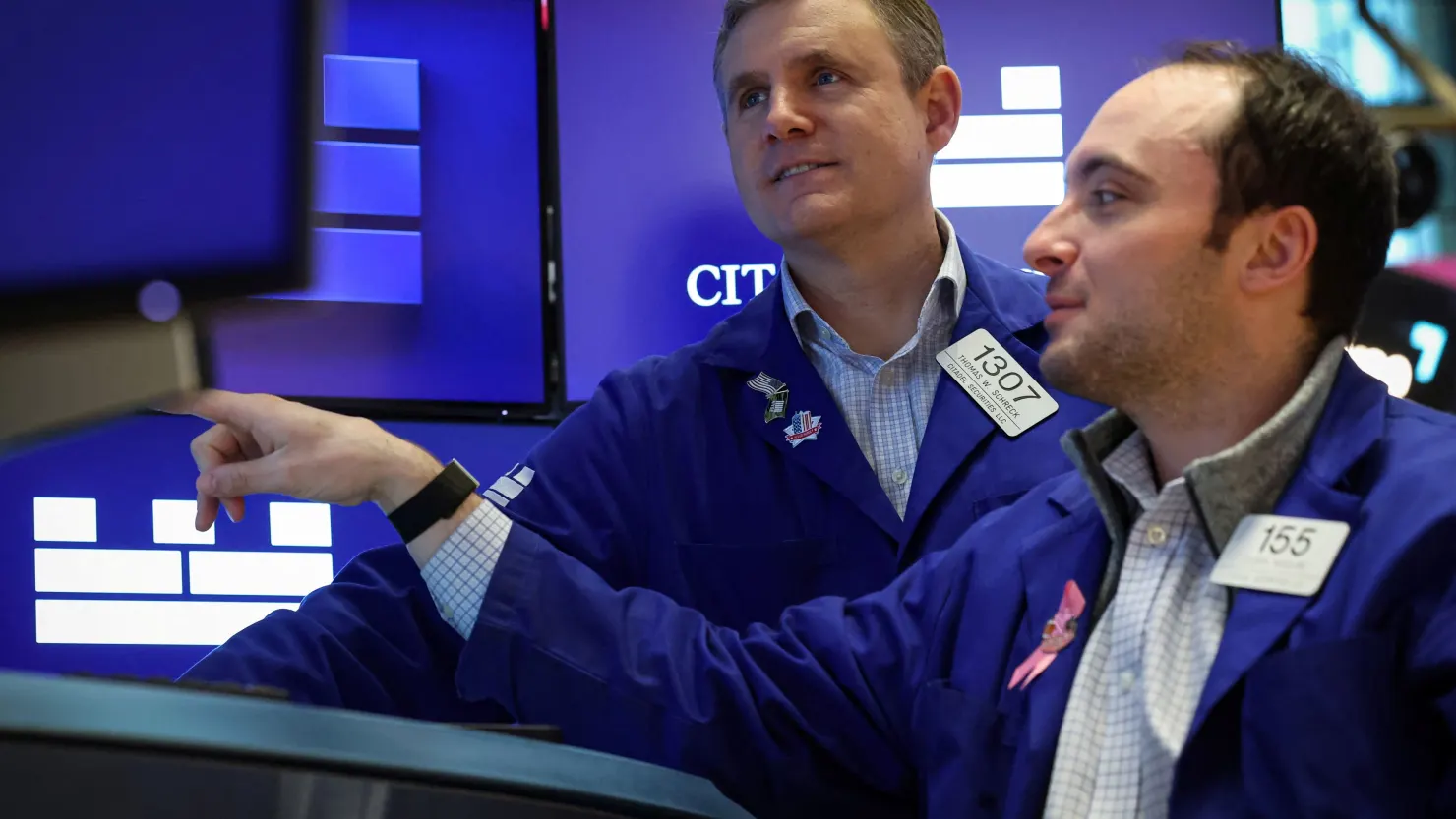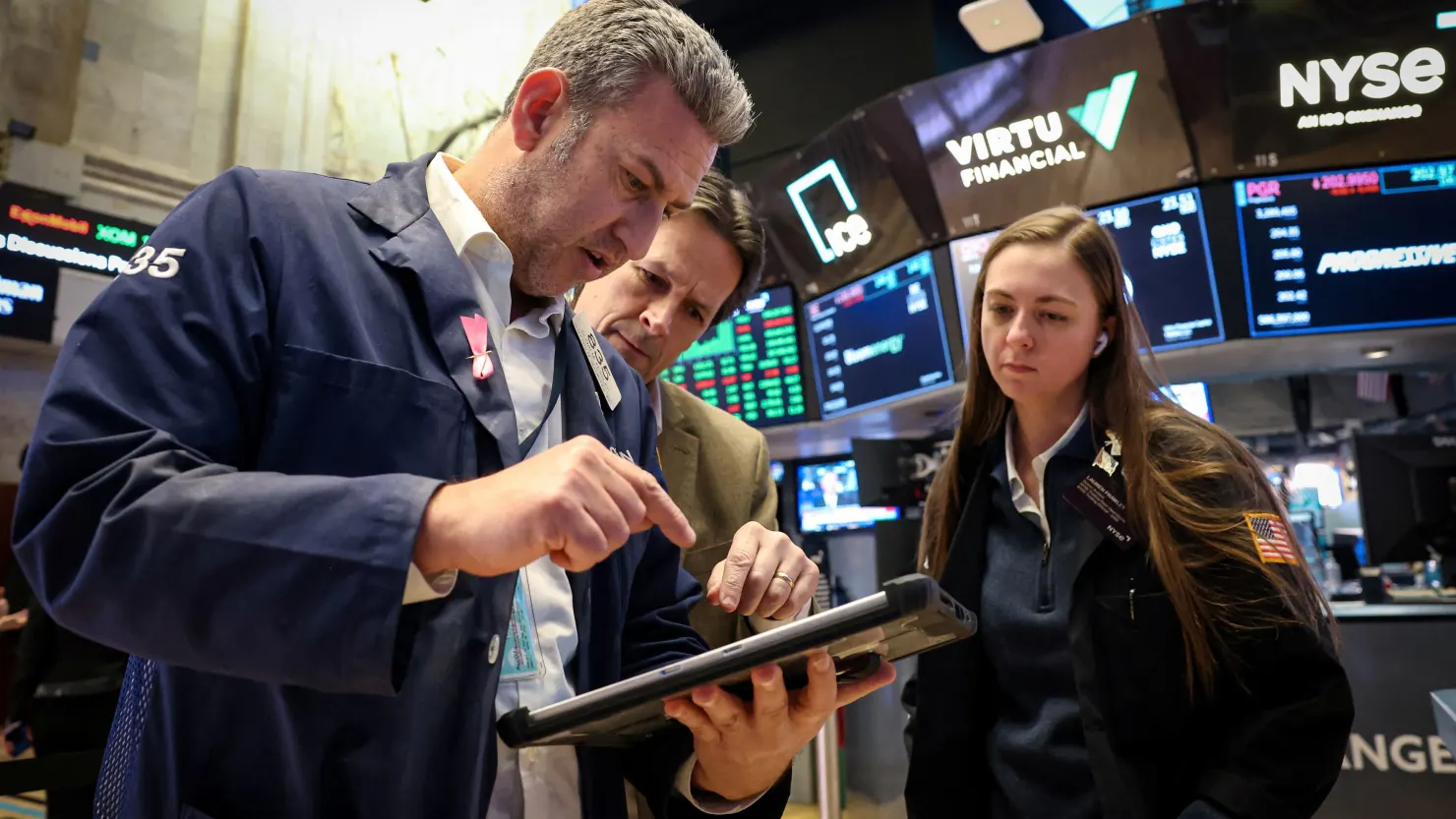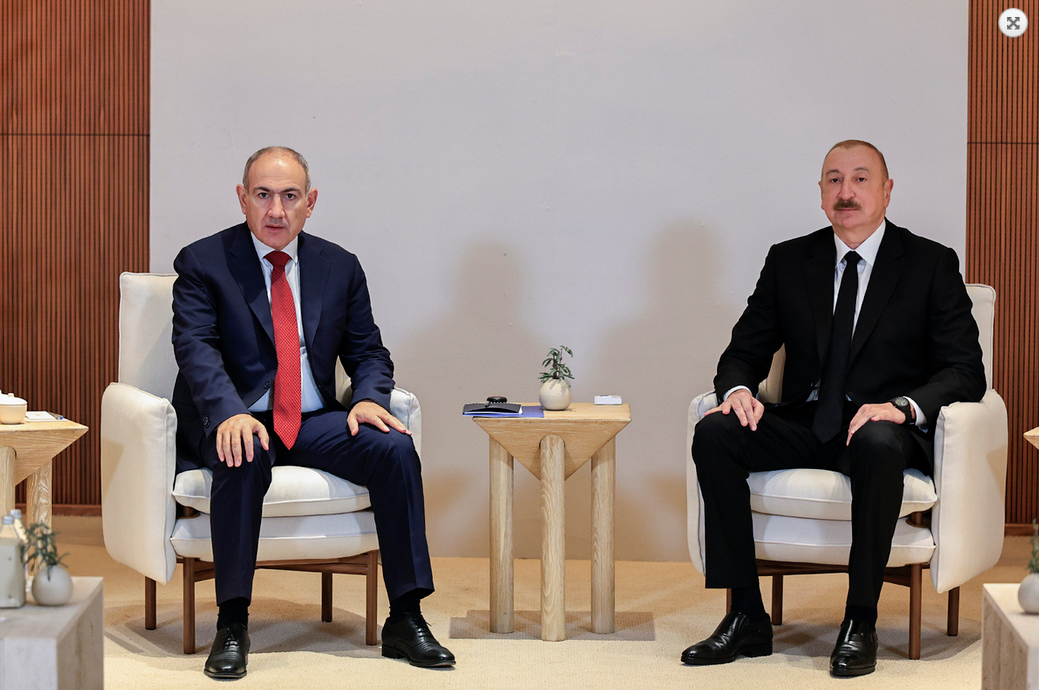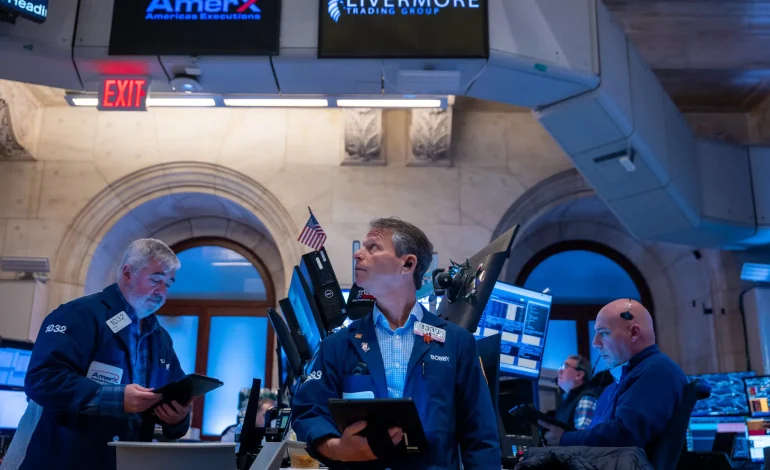Stock markets worldwide experienced turbulence on Friday as tensions between the United States and China intensified, with Beijing retaliating by raising tariffs on US goods.
The move further unsettled investors, leading to market volatility and uncertainty about global economic stability.
The Stoxx Europe 600 index slipped 0.7%, with Germany’s DAX falling over 1%, reflecting concerns over the impact of escalating trade restrictions on export-driven economies.
In Asia, markets showed mixed reactions. Hong Kong’s Hang Seng Index climbed 1.6%, while mainland China’s markets saw modest gains of 0.4%. Taiwan’s index surged by 2.8%. However, Japan’s Nikkei 225 dropped 2.9%, mirroring Wall Street’s losses from the previous session.
US stocks were set to open lower after a volatile week in which markets swung dramatically due to shifting trade policies. The S&P 500 fell 3.5% on Thursday following the Trump administration’s clarification that the cumulative tariffs on Chinese imports had reached 145%.
The unpredictable nature of trade policy announcements has led to heightened market volatility. The VIX index, commonly referred to as Wall Street’s “fear gauge,” spiked to levels last seen during the early days of the COVID-19 pandemic in 2020.
Bond markets also faced disruption. Typically seen as safe-haven assets, US Treasuries lost value, pushing yields on the 10-year Treasury bond to 4.4%, the highest since February. Analysts speculated that investors selling off stocks might also be liquidating bond holdings, or that foreign central banks could be offloading US assets.
US Treasury Secretary Scott Bessent attempted to reassure markets, stating that over 75 countries had expressed interest in trade negotiations. Meanwhile, China reaffirmed its stance, with Commerce Ministry spokesperson He Yongqian emphasizing that Beijing was open to dialogue but would not yield to pressure.
President Trump remained hopeful about reaching a deal with China, but he reiterated concerns about previous trade imbalances.
“I respect President Xi Jinping, and I think we’ll end up working out something that’s beneficial for both countries,” Trump said.
Beijing’s countermeasures extended beyond tariffs, restricting the import of Hollywood films in a move targeting one of the United States’ most recognized exports.
With ongoing uncertainty in trade relations, analysts warn that the risk of a global economic slowdown remains high. Goldman Sachs estimates a 45% probability of a US recession due to the trade war.
The European Union signaled a temporary pause in its planned counter-tariffs, hoping for diplomatic progress, though officials warned that further trade restrictions could be reinstated if negotiations stall.
With input from Reuters and the New York Times.










The latest news in your social feeds
Subscribe to our social media platforms to stay tuned